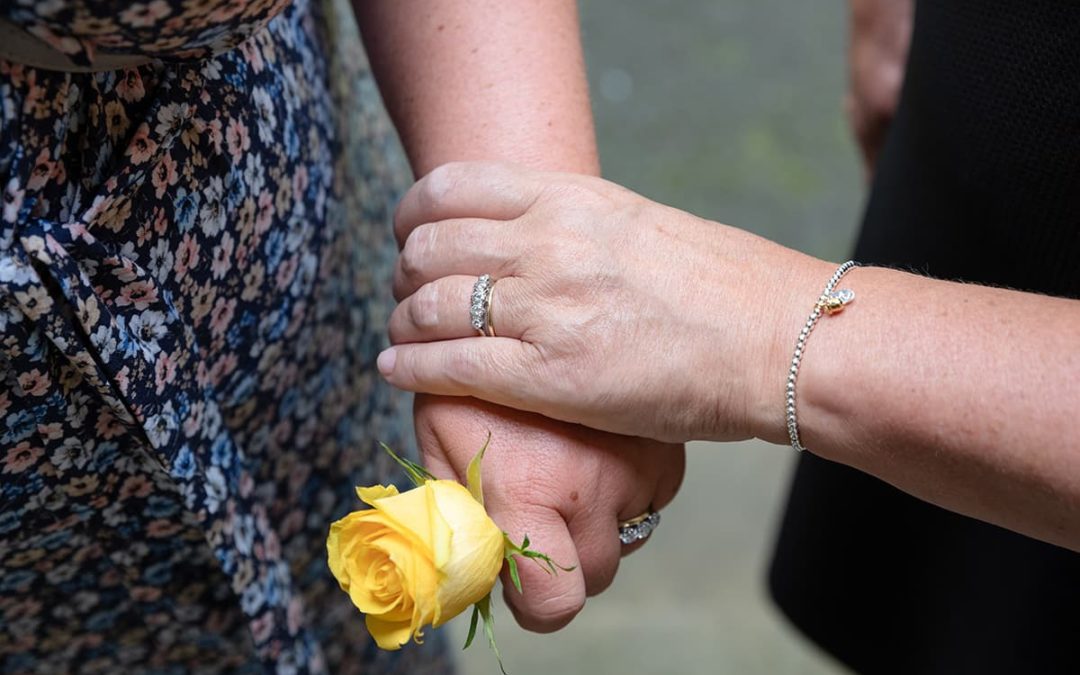When we meet someone recently bereaved, we subconsciously apply an invisible, unspoken hierarchy to the deceased. We actually place different values or priorities to people when they die. In this blog, managing director James Morris, shares his experiences.
The hierarchy of grief usually looks something like this. At the top is the loss of a baby, followed by a child, then spouse or partner. Near the middle is a parent or a sibling. Towards the bottom is a grandparent or elderly relative whilst friends and colleagues usually come last.
I’ve been a funeral director for 30 years, and seen first-hand how a grief hierarchy can cause unnecessary tension and added pain to bereaved families and friends. And in many cases, it’s been unconsciously done.
So why do we react this way?
- Why should an older grandparent with a long life lived be any less deserving than someone much younger where relationships were formed only briefly?
- Why does the loss of a close friend merit less sympathy than a relative?
Our grief is influenced by many factors but two worth highlighting are:
- The closeness of the relationship with the deceased. Bonds exist irrespective of our status which means direct family members don’t always have a monopoly on grief. Long-established friendships from carers, friends even colleagues can mean grief is deeply experienced by non-family members as well. They do not have the relative ranking, but we often hear the phrase: “friends are the family we choose” which sums up the actual value non relatives may have.
- Whether the death was sudden or anticipated. We give more credence to unexpected deaths than we do to those concluding a long illness, most likely because we’re shocked and unprepared for the former. The unexpected often catapults up the hierarchy which results in a potential change in our behaviour in response.
We arrange funerals day after day which teaches us to:
- Never assume anything … especially these perceived hierarchies
- Ask and then listen, really listen
- Never claim to understand because we don’t and never can
- Appreciate and understand that grief comes in many forms and is influenced by so much more than just our formal relationships
Our business is based on four core values: compassion, dedication, integrity and respect so we care and support everyone who is grieving, no matter who they are, whenever they need us and however we can.
For further tips for coping with bereavement, go to our website or call us for advice – we can refer you to counselling and have other free resources to share.



